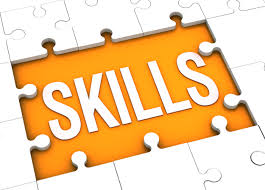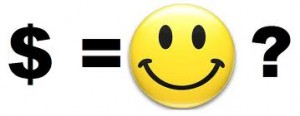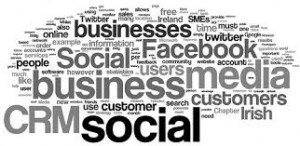Hard Skills:
Essentially, any skills that can be measured, such as on a test, are considered hard. Hard skills are your primary skills that are needed to perform a particular job. They are tangible, observable and easily measurable. Most aspects of administrative, technical, and accounting knowledge involve hard skills. That means basically any career choice requires you to know at least some hard skills.
It is important to compare your hard skills with that of the job you are targeting because there are specific hard skills that the hiring manager looks for when screening resumes. If you find that your hard skills listed in your resume do not match that of the job description then you are not qualified for that particular job.
Some examples of hard skills are: Programmer, Accounting, Customer Service, Financial analyst, Data entry, Scientist, Counsellor, Computer technician, Executive, Manager, Human Resource Manager, Sales forecasting, Writer, Project management, Recruitment and Administrative assistant. Hard skills also include your academic degrees, pertinent licenses, certifications, and computer lingo. Naturally, there will always be a need for hard skills in the job market.
SOFT SKILLS:
Soft skill is a term often associated with a person’s EQ (Emotional Intelligence Quotient). They are more subjective, personal qualities, habits, attitudes and social graces that make someone a good employee and compatible to work with others. They are intangible, less measurable, and not so easy to observe. However, you can detect soft skills in an individual by observing their behaviour, how well they interact with others, and their ability to effectively lead others. Soft skills are important in any industry, especially during job interviews, and hence they should not be neglected.
Some examples of soft skills are communication skills, problem-solving skills, analytical skills, facilitation skills, leadership skills, coaching skills, motivation skills, adaptability, being innovative, patient, and competitive spirit.
It is important to show both hard skills and soft skills on your resume’. Hard skills show the employer you are capable of doing the job while soft skills show the employer your personal attributes that can add to the job knowledge.
how to improve on hard skills?
The skills shortage is creating a ‘war for talent’, where companies have to compete for the best talent with new categories of players.
In this fast-paced world, companies in an attempt to keep up with the pace of technological innovation are becoming much more result-oriented.
In fact, exams and grade point averages in both high school and college generally show students’ hard skills. The tests do not always come to an end after graduation since many careers require professionals to score well on tests before they can become licensed for their field.
Click here for government certification in Human Resources





13 Comments. Leave new
Great article. Made me more clear about the difference between the two skill sets and how a combination of the two is what we all need to strive for. 🙂
Thank you! Kriti Sethi!
Well explained!
Thank you Chitranshi !
Nicely written and I would love to add that a person needs about 80% soft skills while only about 20% hard skills according to a survey. So one must focus on developing their soft skills.
Thanks Shatakshi ! Soft skills are important and one must not undervalue it.
Soft skills can help a person in each and every aspect of his life. Also it is very difficult to master them.
Good effort…!
This is really very amazing and can help one to differentiate between these skills more better.
well explained
very well explained 🙂
Very well explained 🙂
Well Structured Article 😀